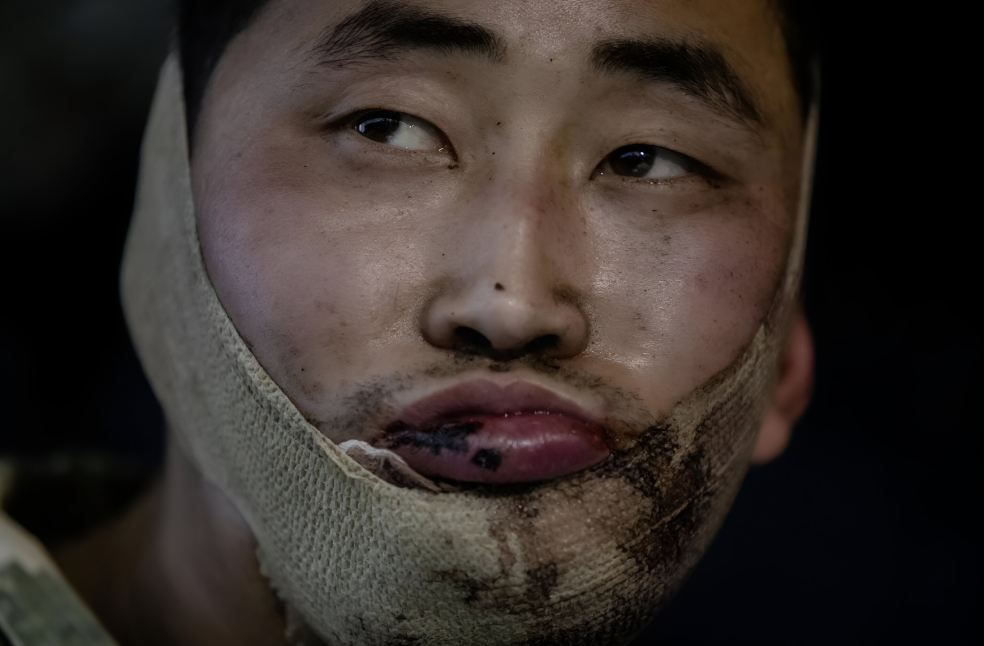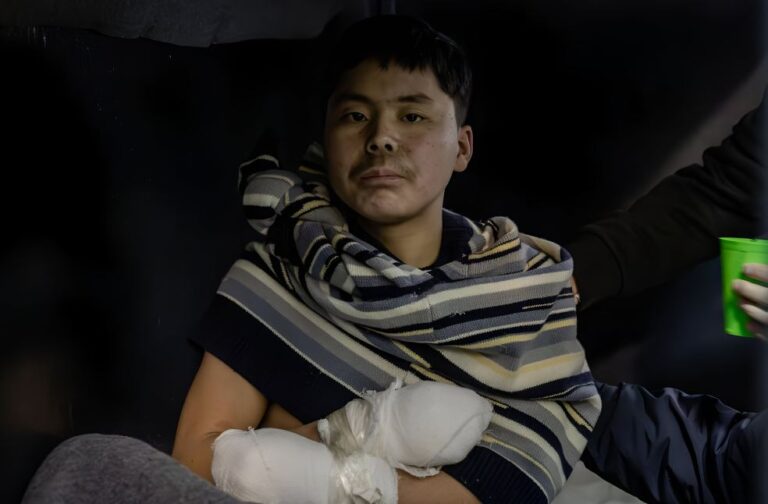Ukraine: Ukrainian President Volodymyr Zelensky has offered to return two captured North Korean soldiers to their home country in exchange for Ukrainian prisoners of war held in Russia.
Zelensky stated that, “For those North Korean soldiers who do not wish to return, there may be other options available,” emphasising that those willing to support for peace by sharing the truth about the war would be given an opportunity to do so.
The two soldiers, reportedly captured on January 9, are currently receiving medical care in Kyiv, according to Ukraine’s Security Service (SBU). The men, who speak only Korean, are being asked with assistance from South Korea’s National Intelligence Service (NIS).
One soldier was found with a Russian military ID card published under a different name and registered in the Tuva Republic near Mongolia. The other carried no documents. The SBU reported that one soldier claimed his document was issued in Russia in late 2024, following a week-long interoperability training involving North Korean combat units.
SBU noted that, “He allegedly stated he was going for training, not to oppose a war against Ukraine.” Zelensky shared photos of the injured men and a red Russian military card on social media, highlighting claims that Russia is covering the use of North Korean soldiers by issuing false documentation.

The SBU revealed that one prisoner, born in 2005, had served as a rifleman in North Korea since 2021. The other, born in 1999, served as a scout sniper starting in 2016. Due to a jaw injury, the latter answered some questions in writing.
Both Ukraine and South Korea reported in late 2024 that North Korea had deployed at least 10,000 troops to Russia, with the White House noting high casualty rates among these forces. In December, South Korea’s intelligence agency established the death of a captured North Korean soldier—the first known to be taken alive while supporting Russia in its war against Ukraine.
Zelensky emphasised that Russia’s reliance on North Korean military assistance is now indisputable. This development raises questions about the extent of North Korea’s involvement in the ongoing battle and the implications of Russia’s recruitment strategies.



